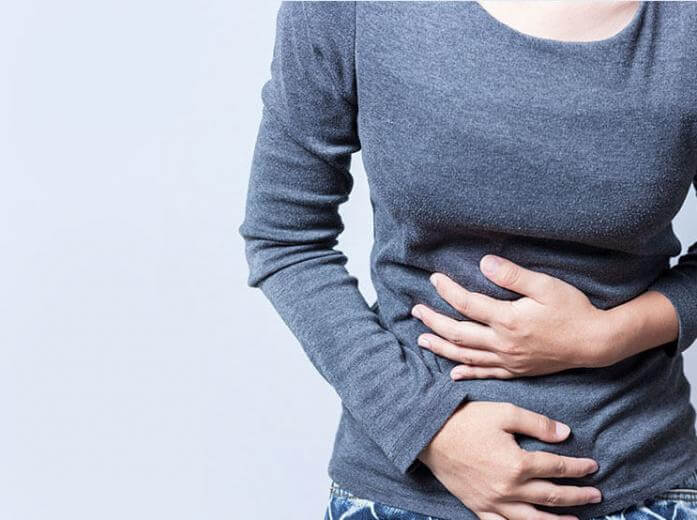
It is not uncommon to occasionally miss a period, or for periods to become irregular from time to time. Under some circumstances, periods can even stop altogether. Sometimes these irregularities are due to normal changes, and are not cause for concern. There are many reasons why women may miss her period.
Most women have a period every 28 days or so, but it’s common to have a slightly shorter or longer cycle than this (from 21 to 40 days). Some women do not always have a regular menstrual cycle. Their period may be earlier or late, and how long it lasts and how heavy it is may vary each time. There are a number of changes that happen in the female life cycle that can result in a skipped period. All of these are normal reasons to miss a period and are not cause for concern. The most common reasons are:
- Pregnancy and Breast feeding
- Hormonal changes
- Stress
- Being overweight
- Sudden weight loss
- Doing too much exercise
- Taking the contraceptive pill
- The menopause
- Poly cystic ovary syndrome (PCOS)
- Some underlying medical conditions.
In this blog, I’m mentioning mainly about relation between obesity and missed periods.
Obese women often have abnormal menstrual cycles. Sometimes periods can be very heavy and painful – causing frequent trips to the restroom, embarrassing leaks, and missed work and recreational activities. Obesity can cause irregular periods that are unpredictable, catching women unprepared at inopportune times.
Being overweight can also affect your menstrual cycle. If you're overweight, your body may produce an excess amount of estrogen, one of the hormones that regulate the reproductive system in women.
Excess estrogen can affect how often you have periods, and can also cause your periods to stop.
Also if you are overweight, you are more prone to get PCOD/PCOS which in turn can lead to menstrual problems.
Please note that stress is also one of the major causes for missed periods. Do not panic. Wait for another month or two. Sometimes it happens and resolved on its own.
Make sure you get into your healthy weight even before starting with any menstrual complaints. One more important thing is make sure you follow healthy diet because; here you are already suffering enough. This is not the time to go for crash diets as it can lead to further health conditions.
While the impact that obesity has on your menstrual health is undeniable, it is important to understand that it is also well within your control and you can reverse it.
If you've skipped a period, try to relax. Restoring your life to emotional and physical balance can help. Many women miss periods now and then. Unless you are pregnant, chances are your cycle will return to normal next month.

